The Divine Comedy of Dante Alighieri: Purgatorio (Galaxy Books) 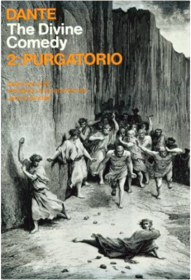 The Divine Comedy: Inferno; Purgatorio; Paradiso 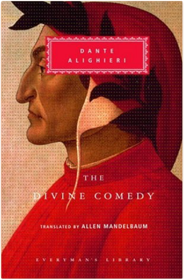 Mandelbaum’s astonishingly Dantean translation, which captures so much of the life of the original, renders whole for us the masterpiece of that genius whom our greatest poets have recognized as a central model for all poets. This Everyman’s edition–containing in one volume all three cantos, Inferno, Purgatorio, and Paradiso–includes an introduction by Nobel Prize—winning poet Eugenio Montale, a chronology, notes, and a bibliography. Also included are forty-two drawings selected from Botticelli's marvelous late-fifteenth-century series of illustrations. (Book Jacket Status: Jacketed) La Vita Nuova 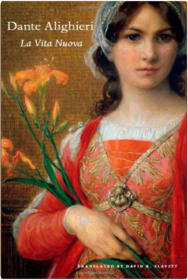 David Slavitt gives us a readable and appealing translation of one of the early, defining masterpieces of European literature, animating its verse and prose with a fluid, lively, and engaging idiom and rhythm. His translation makes this first major book of Dante’s stand out as a powerful work of art in its own regard, independent of its “junior” status to La Commedia. In an Introduction, Seth Lerer considers Dante as a poet of civic life. “Beatrice,” he reminds us, “lives as much on city streets and open congregations as she does in bedroom fantasies and dreams.” (20101029) The Divine Comedy of Dante Alighieri: Inferno (Galaxy Books) 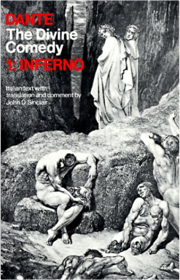 The Divine Comedy: Volume 3: Paradiso (Galaxy Books) 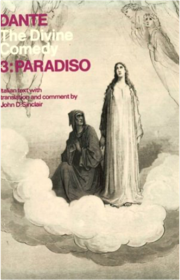 |


Delicious Library
Collection Total:
3,640 Items
3,640 Items
Last Updated:
Nov 2, 2025
Nov 2, 2025

 Made with Delicious Library
Made with Delicious Library